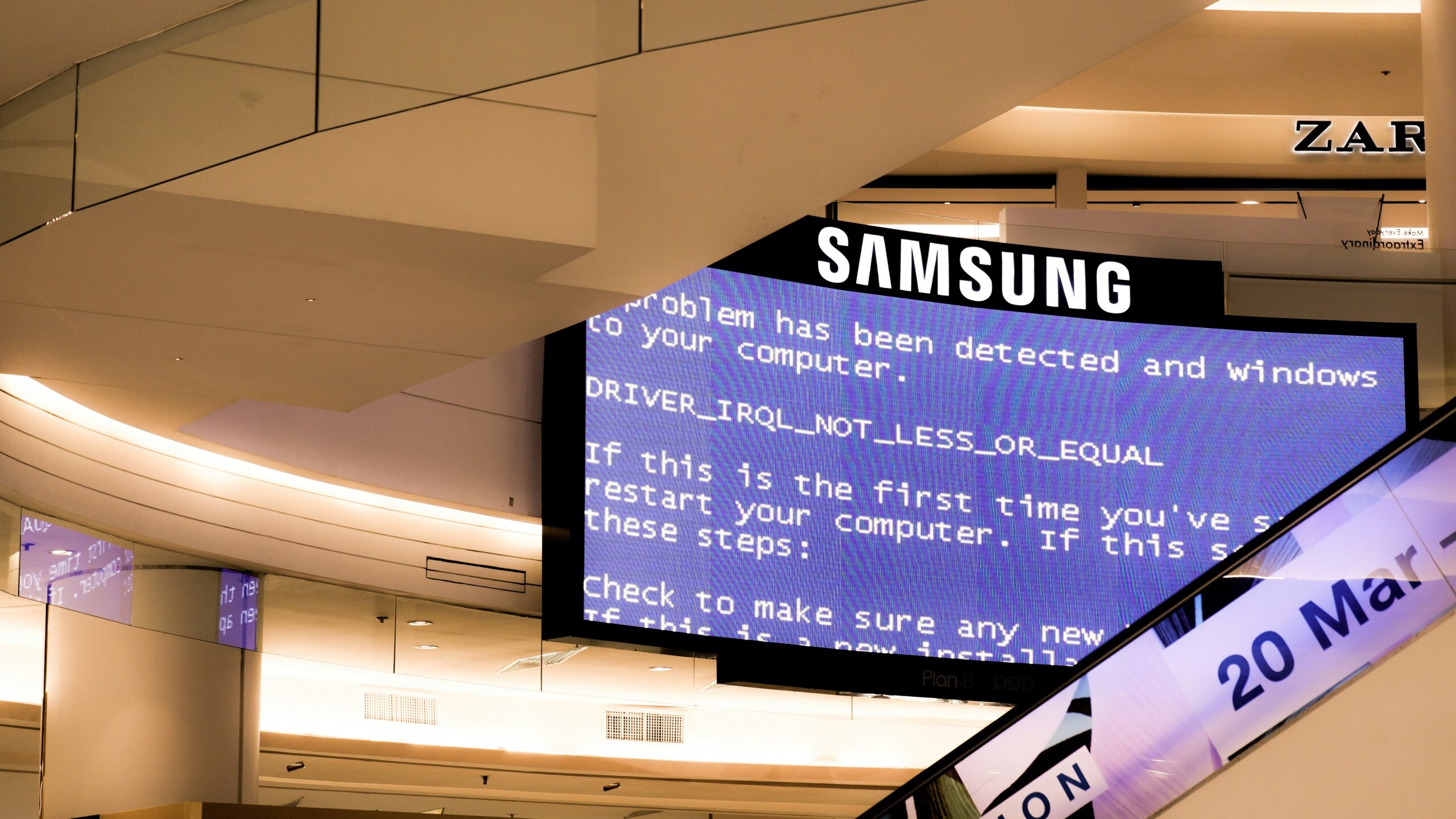If you’ve ventured into the world of Source Filmmaker (SFM), you know that creating stunning animations can be rewarding yet occasionally frustrating. One of the hurdles many users face is compile errors—those pesky roadblocks that stall your creative flow. Understanding these errors can be daunting, especially for newcomers to SFM. But don’t worry! This guide will help demystify common SFM compile issues and arm you with practical solutions. Whether you’re a seasoned animator or just starting out, you’ll find tips and tricks here to smoothen your compilation process and keep those creative juices flowing. Let’s dive in!
What is SFM?
Source Filmmaker, or SFM, is a powerful tool developed by Valve Corporation. It allows users to create animated films using assets from their video games, primarily those built on the Source engine.
At its core, SFM provides a platform for animators and storytellers to bring virtual characters and environments to life. Utilizing existing models and animations from games like Team Fortress 2 or Dota 2 makes it accessible for both amateurs and professionals alike.
With an intuitive interface that blends traditional filmmaking techniques with real-time rendering capabilities, SFM opens up endless creative possibilities. Users can manipulate camera angles, lighting effects, and character movements seamlessly.
From short skits to elaborate cinematic pieces, this software has become a favorite among gamers looking to express their creativity through animation. Whether you’re crafting a heartwarming tale or an action-packed sequence, SFM offers the tools needed for compelling storytelling in digital form.
Understanding Compile Errors
Compile errors occur during the process of converting source code into executable programs. These errors are crucial indicators that something is off in your code.
They can stem from various issues, ranging from simple typos to more complex syntax problems. A missing semicolon or an unmatched bracket can halt the compilation process and generate frustrating error messages.
Understanding the nature of these compile errors is essential for effective debugging. The messages provided by your compiler often include clues about where to look and what might be wrong.
Familiarizing yourself with common error types can make a significant difference in troubleshooting efficiency. This knowledge transforms compile time headaches into learning opportunities, making you a better programmer over time.
Common SFM Compile Errors and Their Causes
Many developers encounter SFM compile errors during their projects. Understanding these errors is vital for a smoother workflow.
One common issue arises from missing assets. If your model references textures or materials that aren’t included, the compilation will fail. Always double-check asset paths to ensure everything is in place.
Another frequent error involves mismatched file formats. For instance, using an unsupported format can disrupt the process and lead to frustration. Stick with standard formats like .mdl for models and .vmt for materials.
Syntax errors within code files are also problematic. A misplaced bracket or semicolon can halt compilation entirely. Ensure your code adheres to proper formatting guidelines before compiling.
Version compatibility issues may crop up if you’re using different software versions across team members. Consistency is key here; make sure everyone’s on the same page regarding updates and tools used in your SFM project.
How to Fix These Errors
To tackle SFM compile errors effectively, start by reviewing your code for syntax mistakes. A simple missing semicolon or bracket can lead to significant issues.
Next, double-check the paths of your models and resources. Ensure they are correctly referenced in the script. Incorrect paths are a common culprit behind compile failures.
If you encounter an error related to missing textures or sounds, verify that all necessary files are in place within their respective directories. Sometimes, re-importing these assets can resolve hidden problems.
Don’t forget about version compatibility. Make sure your tools and SDKs align with the current version of SFM you’re using. Updating them might just clear out lingering issues.
Consult community forums or documentation for specific error messages you receive during compilation. Often, others have faced similar challenges and found solutions worth trying out.
Tips for a Smooth Compilation Process
To achieve a smooth SFM compile process, organization is key. Begin by keeping your files neatly arranged. A clear folder structure can save you time and headache later.
Regularly back up your work. This simple step ensures that if something goes wrong during compilation, you won’t lose hours of effort.
Use version control systems like Git to track changes. This allows for easy reverts when errors crop up unexpectedly.
Familiarize yourself with the documentation provided by SFM. Understanding its functionalities can help prevent common pitfalls.
Stay updated on the latest patches and updates for SFM software. These often contain bug fixes that enhance stability and performance.
Consider compiling in smaller segments rather than all at once. This approach makes it easier to pinpoint issues as they arise, simplifying troubleshooting efforts significantly.
Troubleshooting Beyond Common Errors
When you encounter an SFM compile error that doesn’t fit the usual patterns, it’s time to dig deeper. Start by examining your code line-by-line. Sometimes, a simple oversight can lead to unexpected results.
Check for compatibility issues between different versions of software or tools. An out-of-date plugin could disrupt the compilation process without any clear indication.
Utilizing forums and community resources can provide insights from others who faced similar challenges. Engaging with experienced developers often reveals hidden solutions.
Additionally, consider isolating components of your project. Testing smaller sections individually helps pinpoint where things might be going wrong.
Don’t overlook documentation updates from SFM itself; changes in guidelines may affect how certain features are compiled or executed. Keeping up-to-date ensures you’re not missing critical information that could resolve complications quickly.
Conclusion
Navigating the world of SFM (Source Filmmaker) can be challenging, especially when faced with compile errors. Understanding what these errors mean and how to address them is crucial for a smoother experience.
By knowing common issues and their origins, you empower yourself to tackle problems effectively. Remember that compiling smoothly requires attention to detail, so keep your files organized and regularly back up your work.
As you become more familiar with SFM compile processes, you’ll find it easier to troubleshoot any unexpected hiccups. Embrace the learning curve; each error resolved brings you one step closer to mastering this powerful tool.
With practice and patience, you’ll be creating stunning animations in no time. Happy filming!










